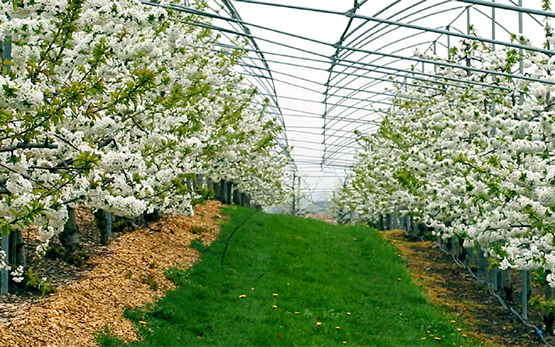In addition to conventional quality requirements, over the past few years the public discussion about plant-protection product residues on fruit and other foods has gained in importance. This leads to demands ranging from the reduction of residues to well below the legal guidelines, all the way to the complete absence of residues. The implementation of demands of this sort may call for restrictions which run contrary to good plant-protection practice. For example, anti-resistance strategies such as the alternating use of plant-protection products with a specific action may become difficult or impossible. Environmental associations are demanding additional efforts to protect the environment from the negative effects of chemical plant-protection measures. Requirements set by legislation, such as the re-evaluation of tried-and-tested substances, the adaptation of maximum concentrations and new interval requirements confront fruit production with further challenges. And last but not least, high global mobility and climate change are accompanied by new problems in terms of disease and pests.
As part of this project, measures to further optimise integrated and organic cultivation systems in terms of the protection of natural resources are being investigated. Examples of this are netting and biological control, as well as the development of disease-resistant varieties. In cooperation with other research groups, the sustainability, fruit quality, resource conservation and cost-effectiveness of the new systems are being compared with those of already-established systems.






